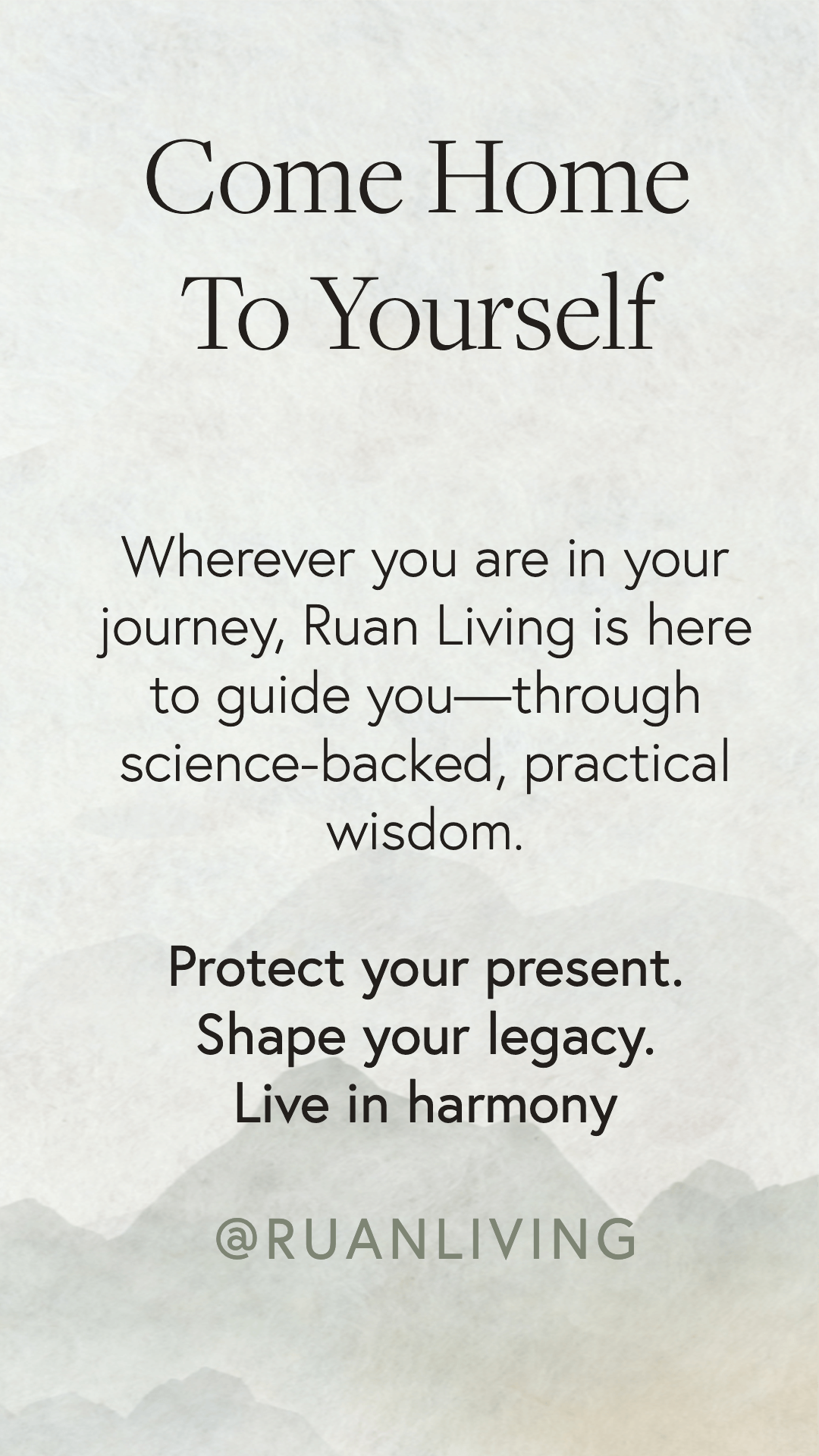
How is our Brain and Central Nervous System Health?
Mar 12, 2019Eating healthy and maintaining your social networks are two brain-healthy activities
by Lily Kamp and Sophia Ruan Gushée
The term “brain health” is a daunting one. The brain is one of the largest and most complex organs in the human body, serving thousands of different functions every second. When we talk about brain health, we are referring to the ability to remember, to concentrate, and to maintain clear, active thought. Basically, brain health is our cognitive strength or lack thereof, and preserving one’s brain health is the process of reducing risks to cognitive function as one ages.
The brain continues to change, even beyond maturity. This is a natural process known as “brain plasticity.” This means that even noticeable changes to our brain function may not be of concern. As the National Institute of health points out, we all lose our keys and forget people’s names, but we only become concerned about this common memory mishap when we age! There are actually several common, controllable factors that impair memory function, such as taking certain medication, excessive alcohol consumption, and lack of sleep.
In this article, we'll review the state of our brain and central nervous system health as well as key trends. This article ends with eight simple health tips.
What’s is the state of our brain health and brain-related issues?
First, let's take a moment to understand the term "neurodegenerative diseases," which develops when nerve cells in the brain or peripheral nervous system lose function over time and ultimately die. There are treatments that help some symptoms associated with neurodegenerative diseases. But, currently, there are no known cures or approaches to slow disease progression.
Researchers say that neurodegenerative diseases result from an interplay of genes and environmental/lifestyle factors. Alzheimer’s disease and Parkinson’s disease are the most common types of neurogenerative diseases with millions of people affected worldwide.
Below, we note five common neurodegenerative issues: Attention Deficit Hyperactive Disorder, dementia, epilepsy, multiple sclerosis, and brain cancer.
1. ADHD
ADHD, short for Attention Deficit Hyperactive Disorder, is one of the most commonly diagnosed cognitive disorders, or "psychiatric disorders, with prevalence rates around 3%-4%." Symptoms—which usually manifest before age 12—include impulsive behavior, distractible behavior, hyperactivity, and inattention. ADHD makies it more challenging to learn and, sometimes, to complete basic tasks.
There are three different types of ADHD: ADHD Combined, ADHD Hyperactive, and ADHD Inattentive. Where the first is both impulsive and distracted, the second is primarily just impulsive, and the third type is primarily just distracted. (The condition previously known as “ADD” is now recognized as the ADHD Inattentive type in the medical community.)
A study by JAMA (Journal of the American Medical Association) Open Network revealed that the number of children diagnosed with ADHD in 1997 (about 6.1%) dramatically increased (to 10.2%) by 2016. Studies like this and widespread diagnoses have caused questions about the over-diagnoses and false diagnoses of ADHD, particularly in children. This issue is complex, and the question of diagnoses is not an easily answerable one.
Mayo Clinic psychologist Dr. Michael Zaccariello (you can watch/listen to him in the video below) postulates that the rise in ADHD can be attributed to a simple greater awareness of the condition, as well as better medical technology. With the medical advancements made in the past few decades, children who are less likely to have survived delivery or other issues in birth/infancy are living, but at a significantly higher risk of developing neurobehavioral disorders later on. He also notes some potentially contributing environmental risks for ADHD, such as poor prenatal care and high family stress.
Of course, there is also a genetic component to ADHD. If your child may be genetically predisposed to developing ADHD, you can try to detect it early in children so as to support your child sooner. The sooner ADHD is recognized, the sooner its symptoms may be minimized. If treated, hyperactive and impulsive symptoms may wain with time.
Impairment in those with ADHD may reflect certain brain structures and nerve circuits that are not as developed or functioning as efficiently as is ideal. ADHD medications serve to improve the function of these brain circuits.
2. Dementia
Dementia, perhaps the most common worry when it comes to the brain health of the adult population, is actually an umbrella term for a handful of neurodegenerative disorders, including Alzheimer’s, which makes up 50-70% of cases. Dementia gradually but severely impacts a person's memory, language skills, emotions, and their level of motivation.
Dementia is reaching epidemic levels. Some rough estimates on how pervasive dementia is and its trends:
- 115 million people are expected to be affected by dementia by the year 2050, according to the World Health Organization
- 5 million Americans currently live with Alzheimer’s disease, and an estimated 44 million individuals live with it or a related dementia globally. The most common cause of dementia, Alzheimer’s disrupts a person's ability to function independently through impairing memory, behavioral, and social skills. The Mayo Clinic describes Alzheimer's disease as "a progressive disorder that causes brain cells to waste away (degenerate) and die."
- At least 500,000 Americans are living with Parkinson's disease (some estimates are much higher). Parkinson’s disease is a neurodegenerative disorder whose symptoms include uncontrollable shaking or tremor, stiffness, loss of coordination, and difficulty speaking. Parkinson's affects twice as many men as it does women.
While dementia has piqued tremendous global concern, scientists have yet to find a cure. Researchers have, however, found that precautionary measures can decrease dementia cases by about a third.
Chances of dementia can be decreased by following certain lifestyle factors, including those listed below. Reducing risks of dementia is aligned with lifestyle factors that reduce or delay risks of vascular disease: high blood pressure, not smoking, exercising physically, exercising one’s brain, reducing dramatic stressors, and getting adequate sleep.
3. Epilepsy
Epilepsy is a chronic brain disease that affects more than 50 million people worldwide, making it one of the most common neurological diseases globally, according to the World Health Organization. It is characterized by recurrent, usually brief seizures that are sometimes accompanied by loss of consciousness.
Unlike the previously discussed neurological issues, epileptic seizures can be controlled. The World Health Organization estimates that 70% of people living with epilepsy worldwide could be seizure-free if properly diagnosed and treated with anti-seizure medications.
4. MS
According to the National Institute of Neurological Disorders and Stroke:
Multiple Sclerosis (MS) is the most common disabling neurological disease of young adults. It most often appears when people are between 20 to 40 years old. However, it can also affect children and older people.
Multiple sclerosis (MS) is a chronic illness of the Central Nervous System, in which the immune system attacks myelin, the protective layer around our brains’ nerve fibers, causing inflammation, scar tissue, and lesions that make it difficult for the brain to communicate with the rest of the body. This causes MS victims to gradually lose physical control and to be extremely fatigued.
Disease-modifying therapies and medications are available to mitigate the symptoms of onset MS. Though the cause of the damage of MS is the immune system attack. While the exact cause of the disease is unknown, researchers think there could be an environmental trigger, such as a virus or toxin that activates the immune system attack. Researchers have noticed better odds among those with high levels of Vitamin D and sun exposure. While this vitamin D/sun exposure/MS is a complex and not fully understood topic, a 2018 study found that "Lifetime sun exposure appears to reduce the risk of MS regardless of race/ethnicity."
5. Brain Cancer
Brain cancer occurs when an overgrowth of brain cells in the brain form (often rapidly-growing) tumors that are malignant, or cancerous, and disrupt various aspects of cognitive function. Brain cancer, though scary, is not likely; the American Cancer Society says that people have a less than 1% chance of developing brain tumors in their lifetime.
While the American Cancer Society states that brain cancer incidence rate has not increased much among children, others disagree. For example, the Center for Children’s Health and the Environment of Mount Sinai Hospital states:
we are also seeing a disturbing rise in the reported incidence of cancer among young children and adolescents, especially brain cancer, testicular cancer, and acute lymphocytic leukemia. In fact, after injuries and violence, cancer is the leading cause of death in our children.
Where brain cancer is not preventable, risk can be significantly reduced by avoiding general carcinogen exposure, pesticide exposure, insecticide exposure, and radiation exposure.
8 Tips to Take Care of Your Brain and Central Nervous System Health
Brain and central nervous system health issues are complex. This article provided a very cursory overview. But becoming aware of simple things you can do to protect your brain and central nervous system health is an investment in your quality of life. Below are eight considerations to help take care of them.
- Physical exercise reduces the risk of hypertension, cardiovascular disease, and weakened muscles.
- Food and nutrition. Eating Omega-3s, certain vegetables, and protein supports brain function.
- Medical health. Communicate with your doctor if you have any questions or concerns. Be fully honest and take a “better safe than sorry” approach. Even cognitive decline can be treated or delayed if caught early.
- Sleep and relaxation allows us time to recover from the health risk of stress and helps us process and filter all that we take in, literally and mentally, on a daily basis.
- Mental fitness. Studies show that aging can be postponed and the mind can be kept intact if it is frequently used, so read or do crossword or sudoku puzzles or other brain training daily.
- Social interaction forces us to use several different parts of our brain which may be dormant when we are alone. Conversation and community are key to preserving our healthy brains.
- Avoid unnecessary EMF exposures to your brain. When using wireless devices, try to maximize distance between your brain and the EMF source.
- Prenatal precautions. If you are pregnant, then please investigate with your trusted healthcare providers how you can take care of your developing child's brain health through healthy eating, conservative EMF exposures, etc.
For more support in creating a healthy home environment that improve some factors listed above (and more), consider Home Detox 101 or EMF Detox at the D-Tox Academy. Through short videos and checklists, the D-Tox Academy makes it as easy and time-efficient as possible for you to identify healthy changes to pursue.
🎁 unlock your ULTIMATE HOME DETOX™ starter pack
Download the Ultimate Home Detox™ Starter Pack—your free set of practical, science-backed tools to begin reducing toxic exposures in your everyday life.
- Nontoxic Cleaning Guide
- Forever Chemicals Detox Starter
- EMF Detox Challenge
- Safe Cookware Starter Kit
- Kitchen Detox Checklist
- Fertility / Pregnancy / Children's Detox
Join 349,000+ people who’ve turned to Ruan Living for trusted, practical nontoxic guidance. These resources have helped thousands begin their journey toward a healthier home—and they’re yours, free.
GET YOUR ULTIMATE HOME DETOX™ STARTER PACK NOWWe hate SPAM. We will never sell your information, for any reason.



